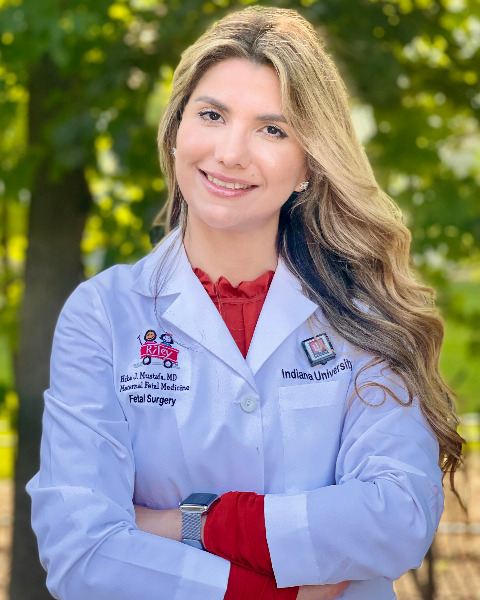Category: Fetus
Poster Session II
(478) Efficacy of In-Utero NSAID versus Expectant Management for Fetal Severe Ebstein Anomaly
To investigate outcomes in pregnancies complicated with fetal severe Ebstein anomaly (EA) in two prenatal management groups: 1) expectant management and 2) non-steroidal anti-inflammatory drugs (NSAIDs).
Study Design:
We searched PubMed, Scopus, and Web of Science systematically from inception until February 2022. Studies reporting on outcomes of severe fetal EA were included. Severe EA was defined as either with the finding of circular shunt, pulmonary atresia, or with grade 3 prognostic score/Celemajer Index. The random-effect model was used to pool the mean differences or odds ratios (OR) and the corresponding 95% confidence intervals. Heterogeneity was assessed using the I2 value.
Results:
Total of 14 studies with 598 fetuses in the expectant group and 21 in the NSAIDs were included. Gestational age (GA) at diagnosis and cardiothoracic ratio (CTR) were comparable between the two groups. Type of NSAIDs used included either alone or a combination of indomethacin and ibuprofen until ductal constriction was achieved. Compared to expectant management group, the prenatal ultrasound findings of moderate tricuspid regurgitation , overall pulmonary regurgitation, hydrops, and pericardial effusion were higher among NSAIDs group, suggesting that NSAIDs group had more severe prenatal presentation that required intervention. Preterm birth (PTB) rate was lower in the expectant management group (25%) than the NSAIDs (86%). Live birth rate was higher in the NSAIDs (86%) than the expectant management (67%) and similarly was survival at hospital discharge (43% in expectant management and 89% in NSAIDs).
Conclusion:
Our findings suggest that NSAIDs may present an effective fetal intervention modalities in cases with severe EA. NSAIDs group encompassed fetuses with more severe prenatal presentation including moderate tricuspid regurgitation, pulmonary regurgitation, hydrops, and pericardial effusion than the expectant group which might have been related to the higher PTB rates. Further research is necessary to determine the efficacy of NSAIDs for severe fetal EA.

Hiba J. Mustafa, MD
Assistant Professor of Fetal Surgery and Maternal-Fetal Medicine
Indiana University Riley Children's Hospital Fetal Center
Carmel, Indiana, United States- FA
Faezeh Aghajani, MD
University of Maryland
Baltimore, Maryland, United States - IG
Ines Marquina Gurrea, MD
Indiana University
Indianapolis, Indiana, United States - ZA
Zeena Aqeel, MBBCH
Indiana University
Indianapolis, Indiana, United States .jpg)
Asma Khalil, MD, MSc (she/her/hers)
Professor of Maternal Fetal Medicine
St George's Hospital, University of London
London, England, United Kingdom
Alfred Abuhamad, MD
President, Provost and Dean
Eastern Virginia Medical School
Norfolk, Virginia, United States- HA
Huda B. Al-Kouatly, MD
Thomas Jefferson University
Philadelphia, Pennsylvania, United States

.png)
